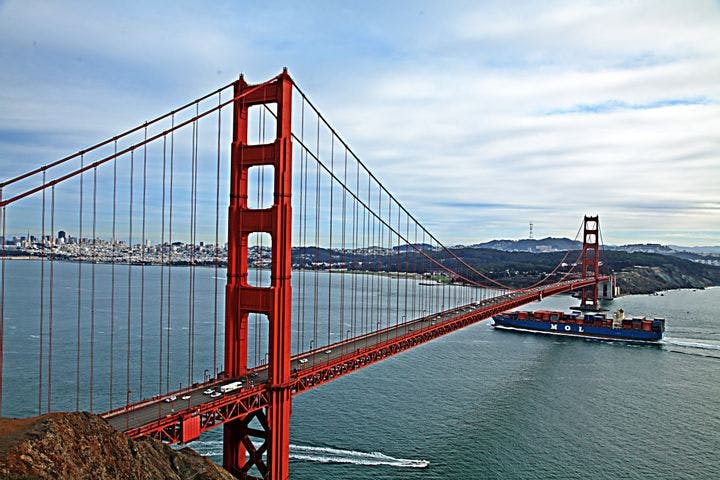Spring 2010
System Failure
– The Wilson Quarterly
Time and again, California's ballot initiatives have stymied liberal aims, but the state's fiscal gridlock is a disaster for all.
All can agree that California is struggling to make ends meet. But nailing down the causes of the Golden State’s budgetary woes (a predicted $20 billion shortfall this year) has resulted in another left- right shouting match, with the two sides sharing little, if any, common ground, at least at first glance. Commentators on the left blame the state’s inability to levy higher property taxes; on the right, they wag a finger at public-sector unions, which have extracted generous pay and pensions. But both sides recognize that the problems are structural: California’s governing system is broken.
The proximate cause of the state’s crisis is the recession. But a number of other hard-hit states have managed to avoid the sorts of massive cuts California will need to make in areas such as education and health care. The state is hardly poor. Its economy—$1.9 trillion in 2008—would be the eighth largest in the world if U.S. states were counted as independent jurisdictions. Despite such wealth, last summer the state sent IOUs to taxpayers to whom it owed refunds. State employees have had to take furloughs three days per month, equivalent to a 14 percent pay cut. And California has the lowest credit rating of any U.S. state.
William Voegeli, a contributing editor of the Claremont Review of Books, writes that today’s crisis is the result of a century- old Progressive legacy. “Rome wasn't sacked in a day, and California didn't become Argentina overnight,” he observes. When Progressives took over the government in the 1910 state elections, they made it their business to “collapse the constitutional space between the people and the government.” Their systemic changes—direct primaries, nonpartisan election of judges, recall elections, and popular referendums and initiatives—were motivated by a deep suspicion of “dirty” politics and self-interested parties and politicians. But these reforms empowered government administrators who had interests of their own. Now it is state employee unions that stand in the way of efforts to trim the state’s budgets, Voegeli writes.
Donald Cohen, the president of the Center on Policy Initiatives, and Peter Dreier, a professor of politics at Los Angeles-based Occidental College, agree that the Progressive legacy plagues the state, but they single out Proposition 13, the 1978 initiative that restricted property taxes and required a two-thirds majority in the legislature to pass any state tax increases. As a result, California is “virtually ungovernable,” Cohen and Dreier write. To make matters worse, in 1990 voters approved a ballot initiative imposing strict term limits on state legislators. As a result, many are policy novices, with little time and incentive to build inter-party coalitions.
There’s one thing everybody can agree on: The joke is on today’s liberals, ideological descendants of yesterday’s Progressives. Time and again, California’s ballot initiatives have stymied liberal aims: Gay marriage was banned last year, bilingual education in 1998. But the state’s fiscal gridlock is a disaster for all. The Progressives wanted the people to run the state, but today it’s clear that the only thing the people have run is aground.
* * *
The Source: "Failed State" by William Voegeli, in Claremont Review of Books, Fall 2009, and "California in Crisis" by Donald Cohen and Peter Dreier, in The American Prospect, February 1, 2010.
Photo courtesy of Flickr/ehpien
